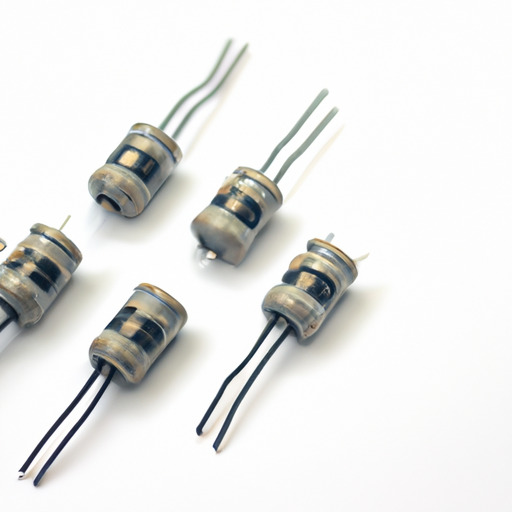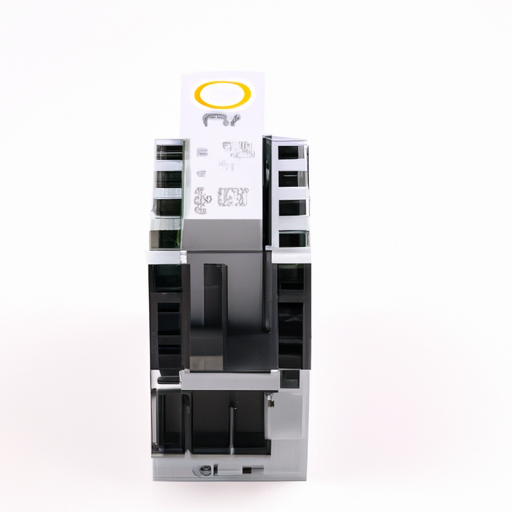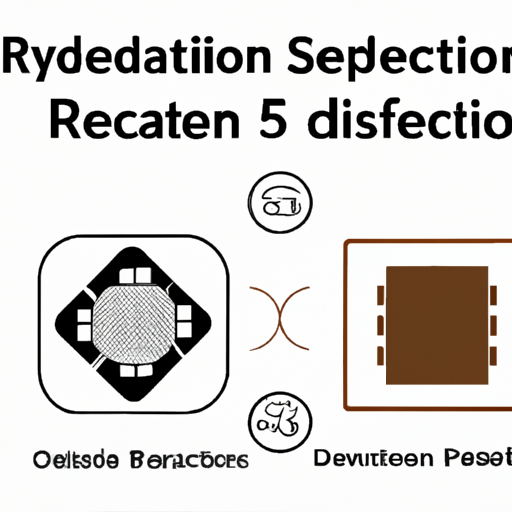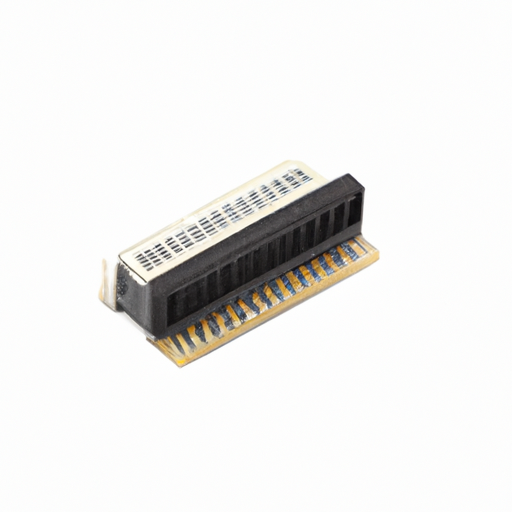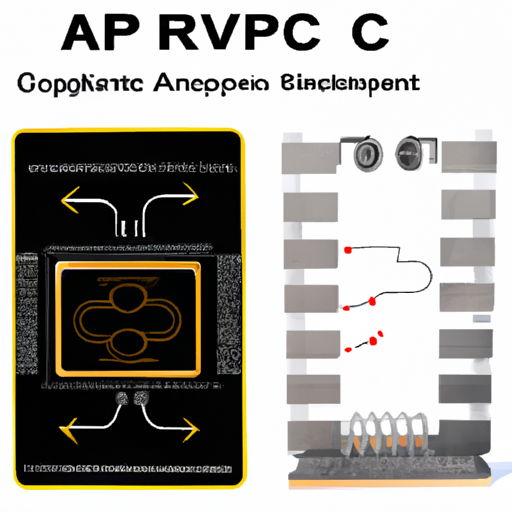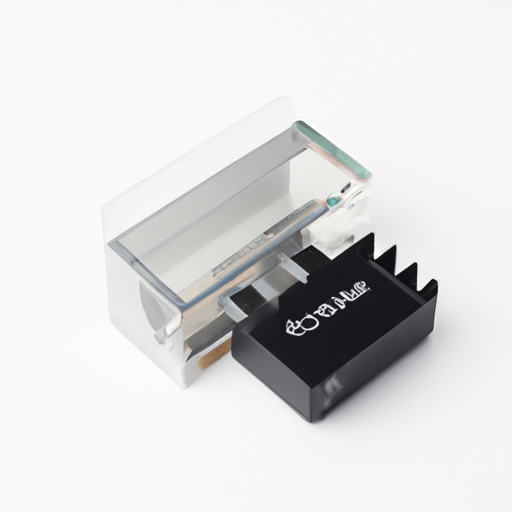What are the Advantages of Resistor Power Products?
I. Introduction
Resistor power products are essential components in electrical and electronic circuits, serving a variety of functions that are critical to the performance and reliability of devices. A resistor is a passive electrical component that limits the flow of electric current in a circuit, and its importance cannot be overstated. From consumer electronics to industrial machinery, resistors play a vital role in ensuring that circuits operate efficiently and safely. This article aims to explore the advantages of resistor power products, highlighting their versatility, stability, thermal management, cost-effectiveness, customization options, and enhanced performance.
II. Understanding Resistor Power Products
A. Types of Resistor Power Products
Resistor power products come in various types, each designed for specific applications and functionalities:
1. **Fixed Resistors**: These resistors have a constant resistance value and are widely used in circuits for current limiting and voltage division.
2. **Variable Resistors (Potentiometers)**: These allow for adjustable resistance, making them ideal for applications such as volume controls in audio equipment.
3. **Specialty Resistors**: This category includes wirewound resistors, thick film resistors, and others designed for specific applications, such as high power or high precision.
B. Basic Functionality of Resistors
Resistors serve several fundamental functions in electrical circuits:
1. **Current Limiting**: By restricting the flow of current, resistors protect sensitive components from damage.
2. **Voltage Division**: Resistors can be used in series to create a voltage divider, allowing for specific voltage levels to be tapped off for other components.
3. **Signal Conditioning**: Resistors help in shaping and conditioning signals, ensuring that they are suitable for processing by other circuit elements.
III. Advantages of Resistor Power Products
A. Versatility
One of the primary advantages of resistor power products is their versatility. They can be used in a wide range of applications, from simple circuits to complex systems. Their compatibility with various circuit designs makes them indispensable in numerous fields, including consumer electronics, automotive systems, telecommunications, and medical devices.
B. Stability and Reliability
Resistor power products are known for their stability and reliability. They provide consistent performance over time, which is crucial for maintaining the integrity of electronic circuits. The tolerance levels of resistors—how much the actual resistance can vary from the stated value—are also important. High-quality resistors have tight tolerances, ensuring that they perform as expected in critical applications.
C. Thermal Management
Effective thermal management is another significant advantage of resistor power products. Resistors are designed to dissipate heat generated during operation, which is essential for preventing overheating and ensuring the longevity of the circuit. Proper heat dissipation can enhance the overall reliability of electronic devices, reducing the risk of failure due to thermal stress.
D. Cost-Effectiveness
Resistor power products are generally affordable compared to other electronic components. Their low cost makes them an attractive option for manufacturers and designers looking to keep production costs down. Additionally, the long-term savings in maintenance and replacement due to the reliability of resistors further enhance their cost-effectiveness.
E. Customization Options
Resistor power products offer a range of customization options, allowing designers to tailor solutions for specific applications. Different materials, configurations, and resistance values are available, enabling engineers to select the most suitable resistor for their needs. This flexibility is particularly beneficial in specialized applications where standard components may not suffice.
F. Enhanced Performance
Resistors can significantly enhance the performance of electronic circuits. They improve signal integrity by minimizing distortion and noise, which is crucial for high-fidelity applications such as audio and video equipment. By reducing interference, resistors help ensure that signals are transmitted accurately, contributing to the overall quality of the device.
IV. Applications of Resistor Power Products
Resistor power products find applications across various industries:
A. Consumer Electronics
In consumer electronics, resistors are used in devices such as televisions, smartphones, and audio systems. They help manage power levels, control volume, and ensure signal clarity.
B. Industrial Equipment
Industrial machinery relies on resistors for controlling motors, managing power distribution, and ensuring safe operation. Their reliability is critical in environments where equipment is subject to heavy use.
C. Automotive Systems
In automotive applications, resistors are used in everything from engine control units to infotainment systems. They help regulate power and ensure that electronic components function correctly under varying conditions.
D. Telecommunications
Telecommunications equipment utilizes resistors for signal conditioning and power management. They play a vital role in maintaining the integrity of data transmission over long distances.
E. Medical Devices
In the medical field, resistors are essential for the operation of diagnostic and therapeutic equipment. Their reliability and precision are crucial for ensuring patient safety and accurate results.
V. Challenges and Considerations
A. Limitations of Resistor Power Products
Despite their many advantages, resistor power products do have limitations. Power rating constraints can restrict their use in high-power applications, and size and form factor considerations may limit their integration into compact designs.
B. Importance of Proper Selection
Selecting the right resistor for a specific application is critical. Engineers must match resistor specifications to the needs of the circuit, considering factors such as tolerance and temperature coefficient. A poor selection can lead to circuit failure or suboptimal performance.
VI. Future Trends in Resistor Technology
A. Advancements in Materials and Manufacturing
The future of resistor technology is likely to see advancements in materials and manufacturing processes. New materials may offer improved performance characteristics, such as higher power ratings and better thermal management.
B. Integration with Smart Technologies
As the world moves towards smart technologies, resistors will play a role in the development of smart devices. Their ability to provide precise control and conditioning of signals will be essential in applications such as IoT devices and smart grids.
C. Sustainability and Environmental Considerations
Sustainability is becoming increasingly important in electronics manufacturing. Future trends may include the development of eco-friendly resistors and manufacturing processes that minimize environmental impact.
VII. Conclusion
In summary, resistor power products offer numerous advantages that make them indispensable in modern electronics. Their versatility, stability, thermal management capabilities, cost-effectiveness, customization options, and enhanced performance contribute to their widespread use across various industries. As technology continues to evolve, the role of resistors will remain crucial, underscoring the importance of careful selection in circuit design. Understanding the advantages of resistor power products can help engineers and designers make informed decisions, ultimately leading to more reliable and efficient electronic devices.
VIII. References
- Academic Journals
- Industry Publications
- Manufacturer Specifications and Guidelines
This comprehensive overview of resistor power products highlights their significance in electronic design and their advantages across various applications. By understanding these benefits, professionals can better appreciate the role of resistors in creating efficient and reliable electronic systems.

